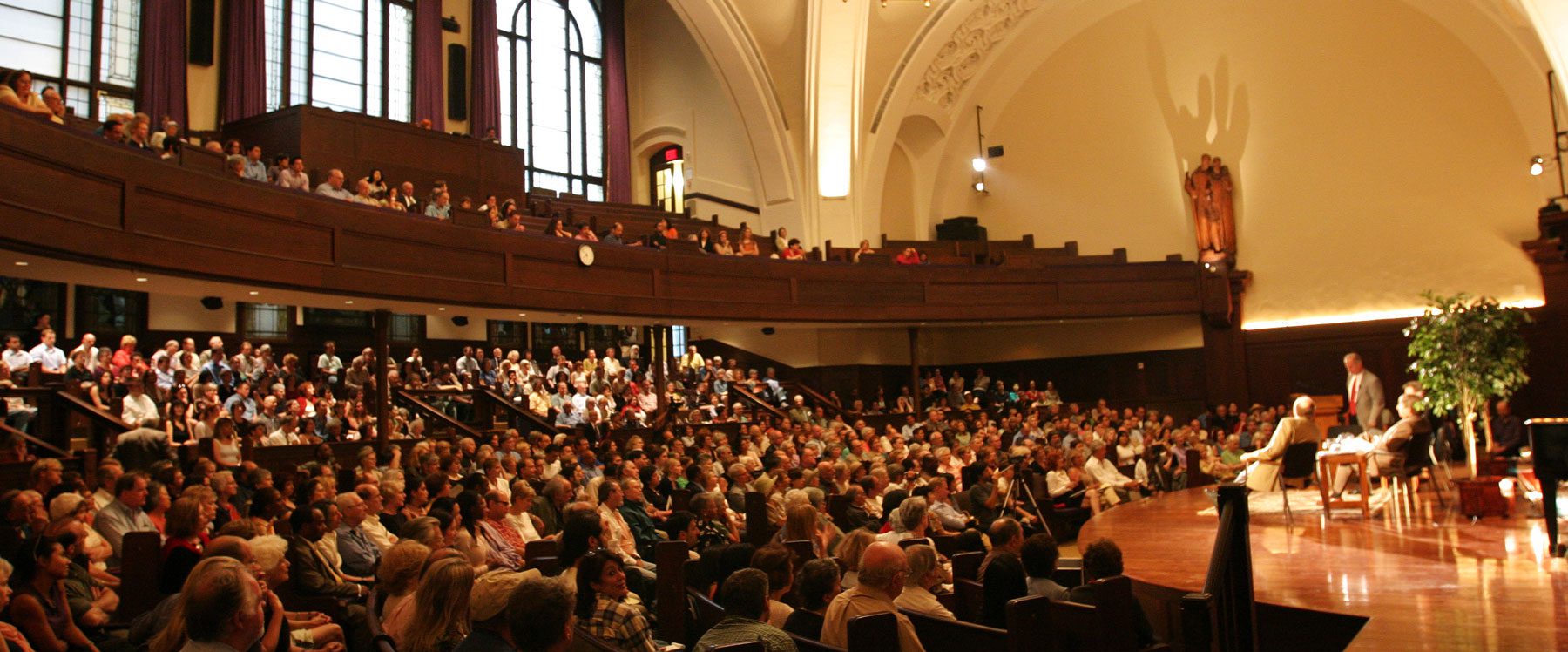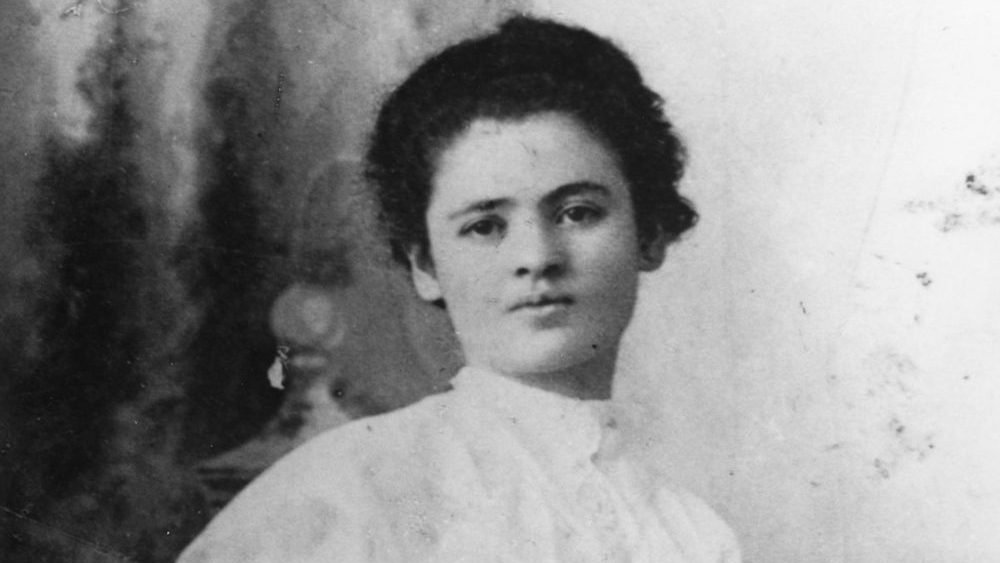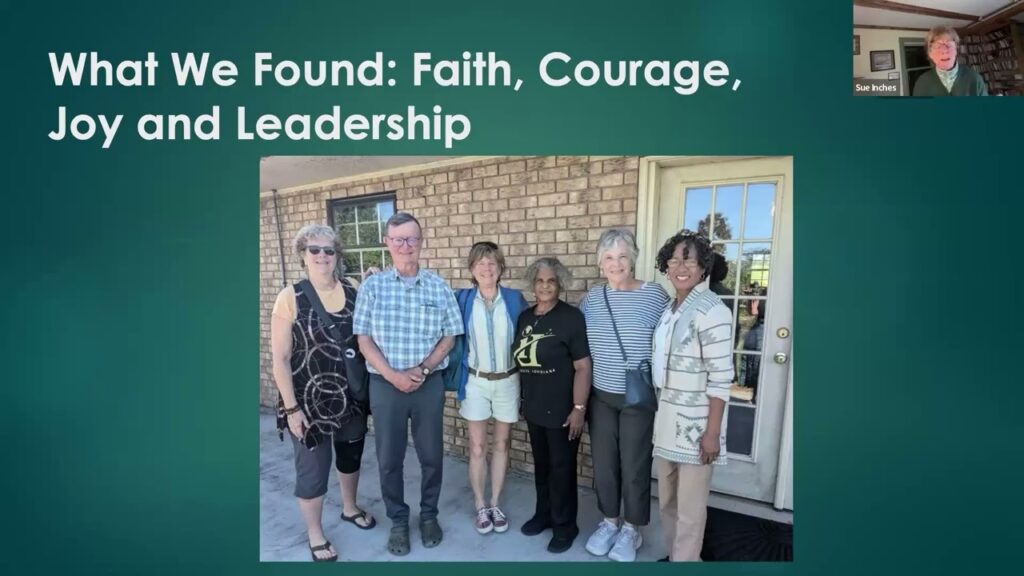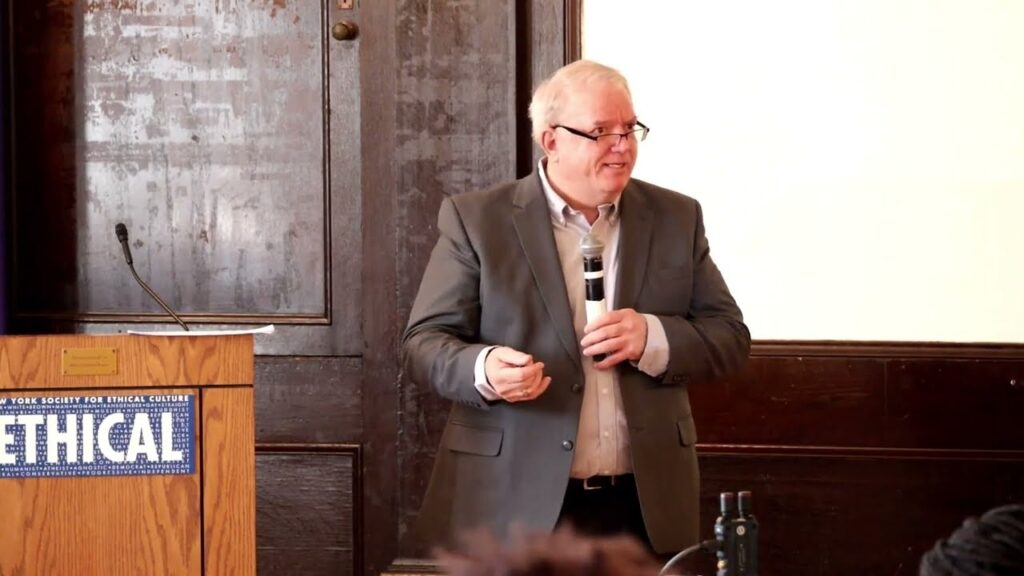
“For me, with certain rapturous exceptions, literature is the moral life.”
Cynthia Ozick, from her essay “Innovation and Redemption: What Literature Means”
“She’s promiscuous. She’s in five book groups.”
(One book group member to another in the caption to a New Yorker cartoon by Peter Steiner)
I’m down to one book group now: a group of mothers who met many years ago while waiting for our children to pour out of P.S. 321 in Brooklyn. Our favorite books were novels but, finding less time to read, we gravitated to short story collections and regaled each other with memories of our favorite books. We decided early on not to meet in our homes, preferring instead neighborhood restaurants with big round tables, good acoustics, and cuisine that our children hated. Fathers with our young children in tow would sometimes walk by and wave to us through the windows.
With three librarians in the group, we are never at a loss for books to choose. We can tell our history by the list of books we have read and discussed over the years. What we share is not just a love of literature but also a belief that literature is important, that it is, as Cynthia Ozick wrote, “the moral life.” Writers and their characters make choices: some ethical, others decidedly not, and many that are ambiguous. These are the stories that we carry around with us, mulling them over, wondering what we would do in similar situations, hoping we would make the right choices.
When I studied pastoral counseling, I became familiar with Irvin Yalom’s work. He is a psychiatrist who found, as he grew up in the inner city of Washington, DC, a refuge in fiction, “a source of inspiration and wisdom.” His first writings were scientific contributions to professional journals, followed by textbooks on group therapy and existential psychology. After his students told him that his books, full of therapy vignettes, read like novels, Yalom wrote When Nietzsche Wept, a book that he calls a “teaching” novel, joining history and fiction to imagine the beginning of psychoanalysis by bringing the doctor Josef Breuer and the philosopher Friedrich Nietzsche together in Vienna to create the “talking cure.”
What I have been carrying around with me since reading this book is Nietzsche’s fictional challenge to Breuer (They never actually met, though they had mutual friends.): “eternal recurrence.” He asks, “Have you consummated your life?” In other words, has Breuer lived his life or been lived by it? Has he chosen it or did it choose him? Has he loved his life or regretted it? Nietzsche gives him a thought experiment that he introduced in his book Human, All Too Human:
“Josef, try to clear your mind. . . What if some demon were to say to you that this life — as you now life it, and have lived it in the past — you will have to live once more, and innumerable times more; and there will be nothing new in it, but every pain and every joy and everything unutterably small or great in your life will return to you, all in the same succession and sequence — even this wind and those trees and that slippery shale, even the graveyard and the dread, even this gentle moment and you and I, arm in arm, murmuring these words?. . . Listen to me, my friend, listen to my words — this is the most important thing I will ever say to you: let this thought take possession of you, and I promise it will change you forever!
. . . Do you hate this idea? Or do you love it?. . . Live in such a way that you love the idea!”
What a powerful challenge! Breuer is stunned. He hates his life and the choices he has made, a life that he feels has been thrust upon him, full of responsibilities and choices made for him. I won’t spoil the story for you by revealing how he works this all out. I will, however, pose the same questions: Are you living the life you have chosen? Have you found meaning in your relationships and your life’s work? Would you willingly live this life again? If not, take the time to reflect upon your choices. Winter is a good time for that. When the cold wind and snow keep us inside, instead of turning on the television and surfing for a movie, instead of distracting ourselves, let us turn inward and find the meaning that is waiting to be illuminated.







